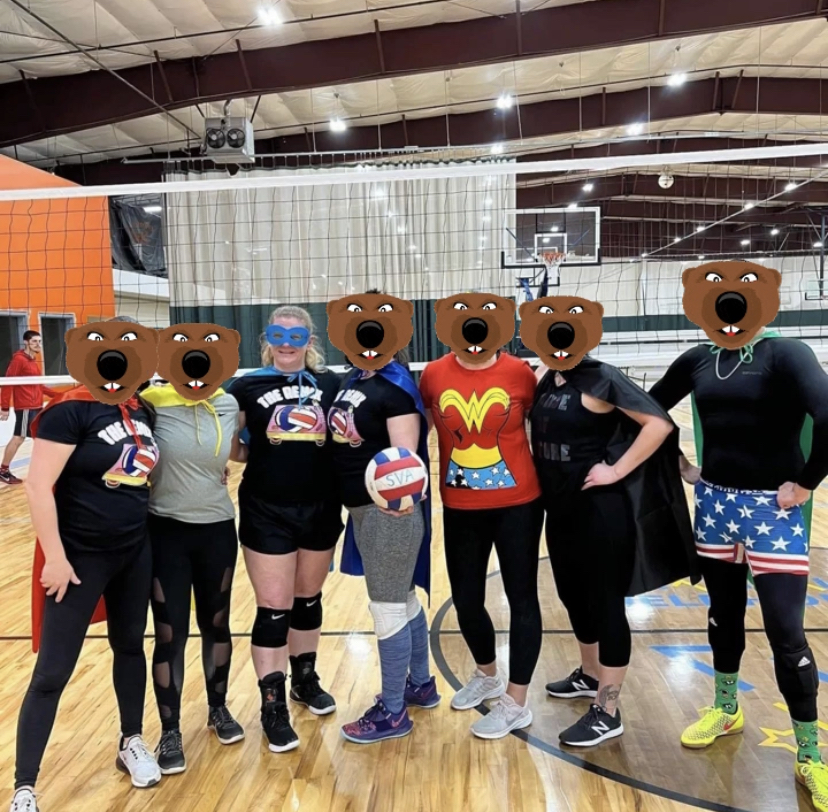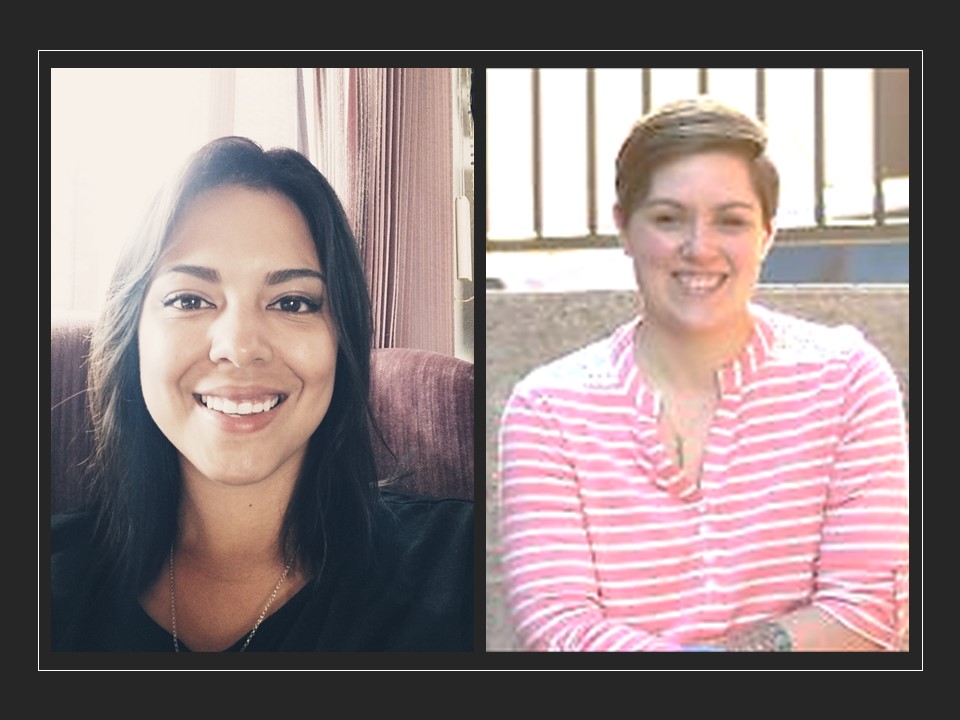Xin chào from Vietnam!
I am so excited to be updating you about my last couple of months as a United States Fulbright
Scholar in Hà Nội, Vietnam. I am all settled in and find myself comfortable with daily routines at
work and home. Life is good!
Turns out, my Vietnamese colleagues usually work 5 ½ days per week including Saturday
mornings compared to usually a 5-day work week for most people back home! They do,
however, take naps after lunch, so in the end it sums up to about the same work hours per
week.
My colleagues and I are enjoying our weekly English Club meetings where we have discussions
about academic issues, Vietnamese and American cultures, and practice each other’s
languages. In one of our club meetings, we discussed Vietnamese cuisine where we brought in
and shared our favorite dishes for others to experience. We also discuss cultural bias and
attitudes in order to explain differences in reactions and behaviors with an emphasis on
understanding and empathy. These discussions can be a lot of fun, and are always interesting!
One of our meetings covered differences in health care in Vietnam and the U.S. In Vietnam,
health care quality is similar to that in the US in larger cities with well-trained doctors. However,
in rural areas health care can be quite limited. In both urban and rural areas, the pharmacy
serves as an urgent care clinic, with the pharmacist diagnosing minor illness and injuries and
dispensing medicine, often with no prescription required. Vietnamese usually pay out-of-pocket,
but health care services are much less expensive than those in the U.S. Wealthier Vietnamese
often carry health insurance, which is often sold in combination with life insurance.
In addition to English Club and a number of guest-speaking opportunities in my colleagues’
education courses, I participate in a number of research seminars and workshops. These have
included the Hanoi Forum on Pedagogical and Educational Sciences in which I presented
research on teacher change and professional development. I also gave a seminar on publishing
in international journals, where I discussed how to select appropriate Western journals and
explained tiered journal rankings.
Most recently, I was invited by EducationUSA of the U.S. Embassy in Hanoi to give a
presentation on accreditation in American universities to Vietnamese high school counselors.
The goal was to provide a quality check that counselors could use to help their students avoid
“diploma mills” in the US.
It is common for me to be asked to give the “U.S. perspective” on a variety of seemingly random
topics. So anytime I’m invited to an event, I’ve learned that I need to be prepared to speak, even
though the presentations are nearly always in Vietnamese. During one occasion, the speaker
mentioned my name during his presentation which was otherwise in Vietnamese. I asked my
friend sitting next to me what the speaker had said, to which my friend replied: “He introduced
you as the next speaker.” I had no idea that I was speaking that day!

The university celebrated Teacher’s Day on November 19th, where we enjoyed skits, dances
and songs from the students. I had the opportunity to present a response to the keynote session
saddressing Liberal Art Education philosophy and its relationship to teacher preparation.
Providing the response was a challenge, given that the keynote was delivered entirely in
Vietnamese with no translation! I’ve learned to adopt a can-do Beaver attitude and just do my
best in these situations, and so far that’s been enough! During the celebration I was honored to
give the Handwriting Awards and sing a song with my Vietnamese colleagues. I was even
coerced into trying my hand (or more literally foot) onstage in the Vietnamese bamboo pole
dance performed by our student members of the Muong ethnic group!
Unfortunately, in early December I tested positive for Covid-19 after a short trip to Phú Quốc
Island. I used my week in isolation to assist the U.S. Embassy in evaluating the 29 applications
for the Vietnamese Visiting Scholar Program. Luckily, I was in the clear in time for the applicant
evaluation panel, which took place in the beautiful mountain city of Đà Lạt.
In January, I had the opportunity to visit Olympia Schools, an international school that is
primarily for Vietnamese students. Here, I discussed with partnership executive Đỗ Dương
Hồng Đào the feasibility of the school hosting Oregon State education interns to provide English
and pedagogy support as the school adopts more experiential and inquiry-based learning. Ms.
Đào agreed to write a draft plan for possible internships and then invited me to give a STEM/
STEAM speech to the Olympia students. Later in February, the head of the science department
for Olympia Schools informed me that they could host interns during the annual summer camp
(2 sessions, 4 weeks each). She also offered me the opportunity to conduct a lesson on the
nature of science for students this coming Spring, as well as a workshop on inquiry instruction
for the science teachers. I’m so pleased to have made contact with Olympia schools and for the
enthusiastic reception I have received there.


I had several opportunities to travel and celebrate the Vietnamese holidays. For example, I was
able to visit beautiful Phú Quốc Island and also the northern city of Thái Nguyên where the
faculty and I prepared Bánh Chưng, a type of rice cake prepared for the Tết Holiday. We also
visited Núi Cốc lake and then returned to Hà Nội, where we celebrated the New Year and
watched the firework celebrations from afar. In January, I met with some friends to celebrate my
birthday and visit the War Remnants Museum. The museum displays were both tragic and
enlightening and helped me better understand the suffering the war brought to both sides and
appreciate even more the warm welcome I’ve received from my Vietnamese friends.
In closing, it’s been an incredible experience here in Vietnam and I am very excited for what lies
ahead and will be sending more updates soon!
Tạm biệt bây giờ!
-Randy























